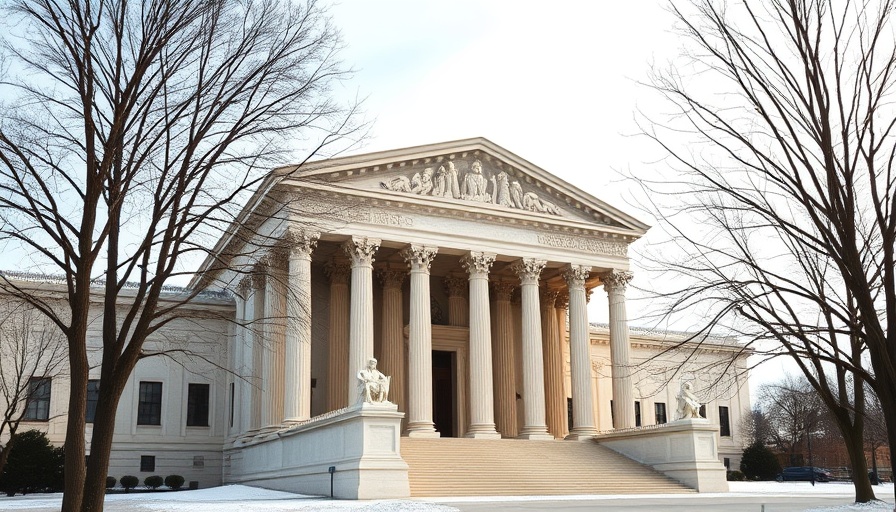
Supreme Court's Crucial Ruling on Health Coverage
In a significant decision, the Supreme Court upheld essential aspects of the Affordable Care Act (ACA) that ensure preventive health care coverage for millions of Americans, rejecting a challenge from Christian employers on June 27, 2025. This ruling solidifies coverage mandates that affect approximately 150 million individuals, maintaining critical access to medications and services deemed preventive under the ACA.
Understanding the Ruling's Impact
The 6-3 decision indicated strong legal standing for the health care provisions established by former President Barack Obama’s landmark health reform. Specifically, the ruling protects coverage for vital services such as HIV-prevention drugs, lung cancer screenings, and statins for cholesterol management. The majority opinion, authored by Justice Brett Kavanaugh, argued that the process utilized by the U.S. Preventive Services Task Force—which recommends covered services—is constitutional even without Senate confirmation for its members.
A Broader Context: The Debate on Health Administration
This ruling plays into a larger national conversation surrounding health care access and medical policy governance. The lawsuit, originating from the U.S. 5th Circuit Court of Appeals, questioned the constitutionality of having a non-Senate approved task force recommend coverage. Critics of the ACA often point to the law's expansive scope and what they perceive as overreach in government authority over health care. However, proponents argue that such regulations are necessary to maintain public health standards and access to preventive care.
What's Next for Health Care Legislation?
As the legal landscape around health care continues to evolve, the implications of this ruling extend beyond immediate coverage decisions. It also raises questions about future health care legislation in a polarized political climate. Advocates for universal coverage view this as a positive step toward a more inclusive health system, while opponents may seek to challenge other aspects of the ACA in subsequent court actions.
Significance for Boston Residents
For Boston residents, this enforcement of preventive services means enhanced access to essential health coverage that can lead to better community health outcomes. As conversations about healthcare policy continue, local leaders and healthcare advocates must remain vigilant to ensure that the needs of the community are met amidst changing federal regulations.
 Add Row
Add Row  Add
Add 




Write A Comment